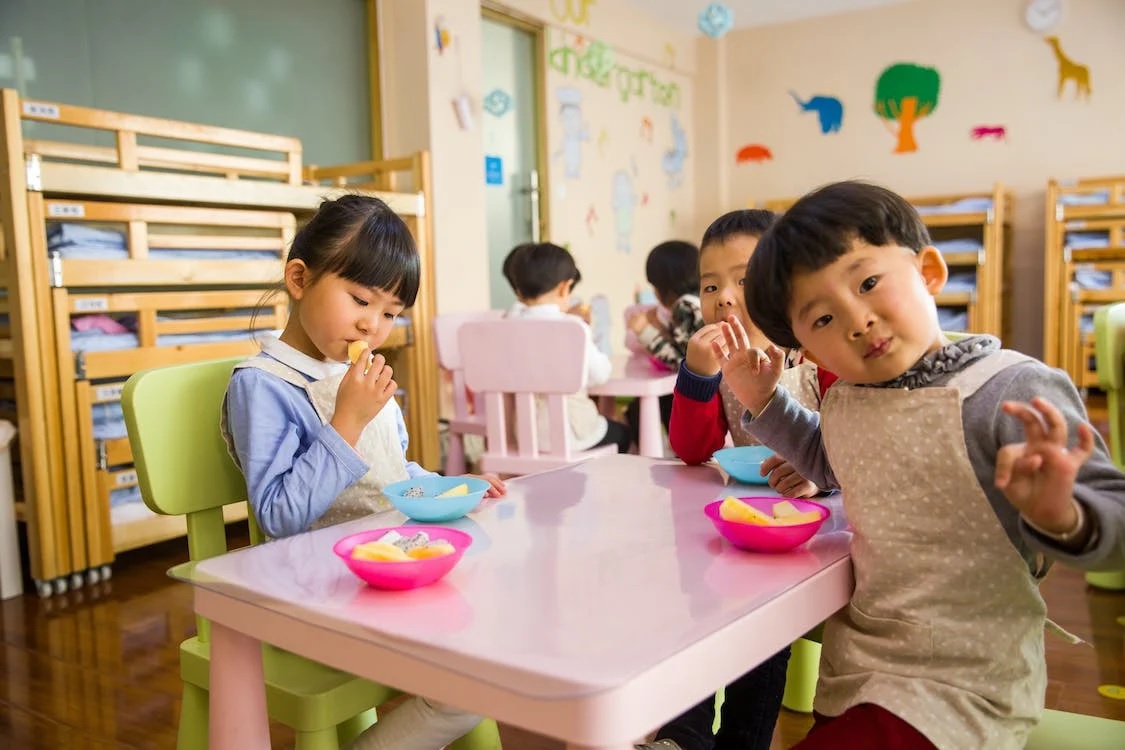Celebrating Children’s Day: Empowering the Future
Introduction
Children’s Day is a special occasion that honors the future of our society – our children. It is a day to celebrate their innocence, dreams, and potential. As we gather here today to commemorate this event, I would like to address the significance of Children’s Day, reflect on the responsibilities we bear towards our children, and share thoughts on how we can empower them for a brighter tomorrow.
I. The Significance of Children’s Day
- Tribute to Jawaharlal Nehru:Children’s Day in India is celebrated on November 14th, the birthday of our first Prime Minister, Pandit Jawaharlal Nehru. His love for children and his role in shaping the nation make this day particularly meaningful.
- Fostering Creativity:This day reminds us of the importance of nurturing creativity, curiosity, and imagination in our children. It emphasizes the need to provide them with an environment where they can grow and flourish.
- Advocating for Child Rights:Children’s Day also serves as a platform to raise awareness about the rights and well-being of children. It highlights the responsibility of society and the government to protect and promote these rights.
II. The Responsibilities Towards Our Children
- Education:Providing quality education is paramount. It is our responsibility to ensure that every child has access to a good education, regardless of their socio-economic background.
- Healthcare:We must prioritize children’s health by providing access to proper healthcare facilities, nutritious food, and immunization programs to safeguard their well-being.
- Protection:Ensuring their safety is crucial. We must create an environment free from all forms of abuse and exploitation, where children can grow without fear.
- Nurturing Talents:Recognizing and nurturing the talents and interests of children is vital. It is our duty to guide and support them as they explore their potential.
III. Empowering Our Children
- Quality Education:Quality education is the foundation of empowerment. We need to ensure that our children receive an education that equips them with not only academic knowledge but also life skills and values.
- Fostering Critical Thinking:Encouraging children to think critically and question the world around them is essential. Critical thinking nurtures problem-solving abilities and innovation.
- Building Confidence:Confidence is a key element of empowerment. We should instill a sense of self-belief in our children, allowing them to face challenges with resilience.
- Encouraging Diversity:Our society is diverse, and it’s important to teach children to respect differences, embrace diversity, and foster an inclusive environment.
IV. A Brighter Tomorrow
- A Society that Cares:A society that genuinely cares for its children is a society that paves the way for a brighter future. Let’s strive to create an environment where children feel valued, supported, and heard.
- Investment in Children:Governments, institutions, and communities should invest in children’s well-being, recognizing that they are the architects of our future.
- Global Citizenship:As we empower our children, we must also teach them about global issues, fostering a sense of global citizenship. This awareness can inspire them to contribute to making the world a better place.
- Eco-consciousness:Instilling a sense of eco-consciousness in our children is critical. It’s their planet, and they should understand the importance of protecting it for future generations.
V. Conclusion
As we celebrate Children’s Day, let’s remember that the true celebration lies in our commitment to creating a world where every child has the opportunity to reach their full potential. It’s a day to reaffirm our responsibilities towards our children, ensuring their well-being and protection. Empowering our children is not just a choice; it is our collective duty. Together, we can build a brighter tomorrow, where our children grow into responsible, compassionate, and capable individuals who will lead our nation and our world towards progress and harmony.

